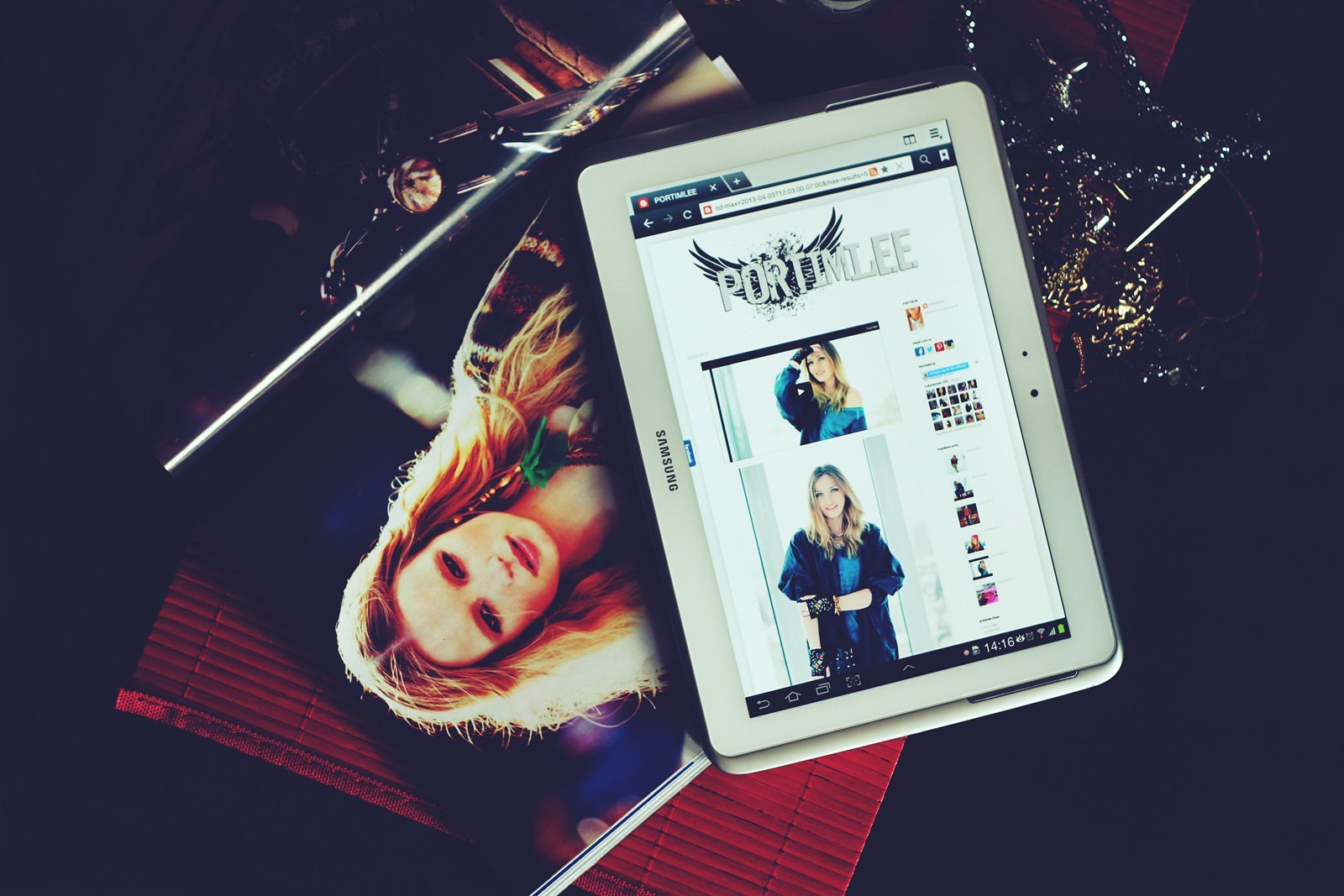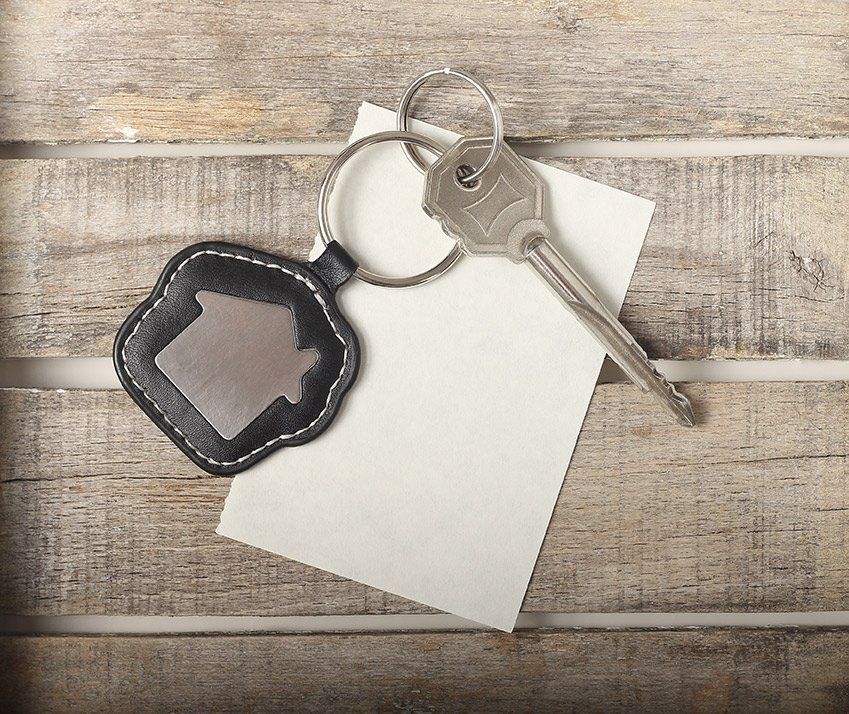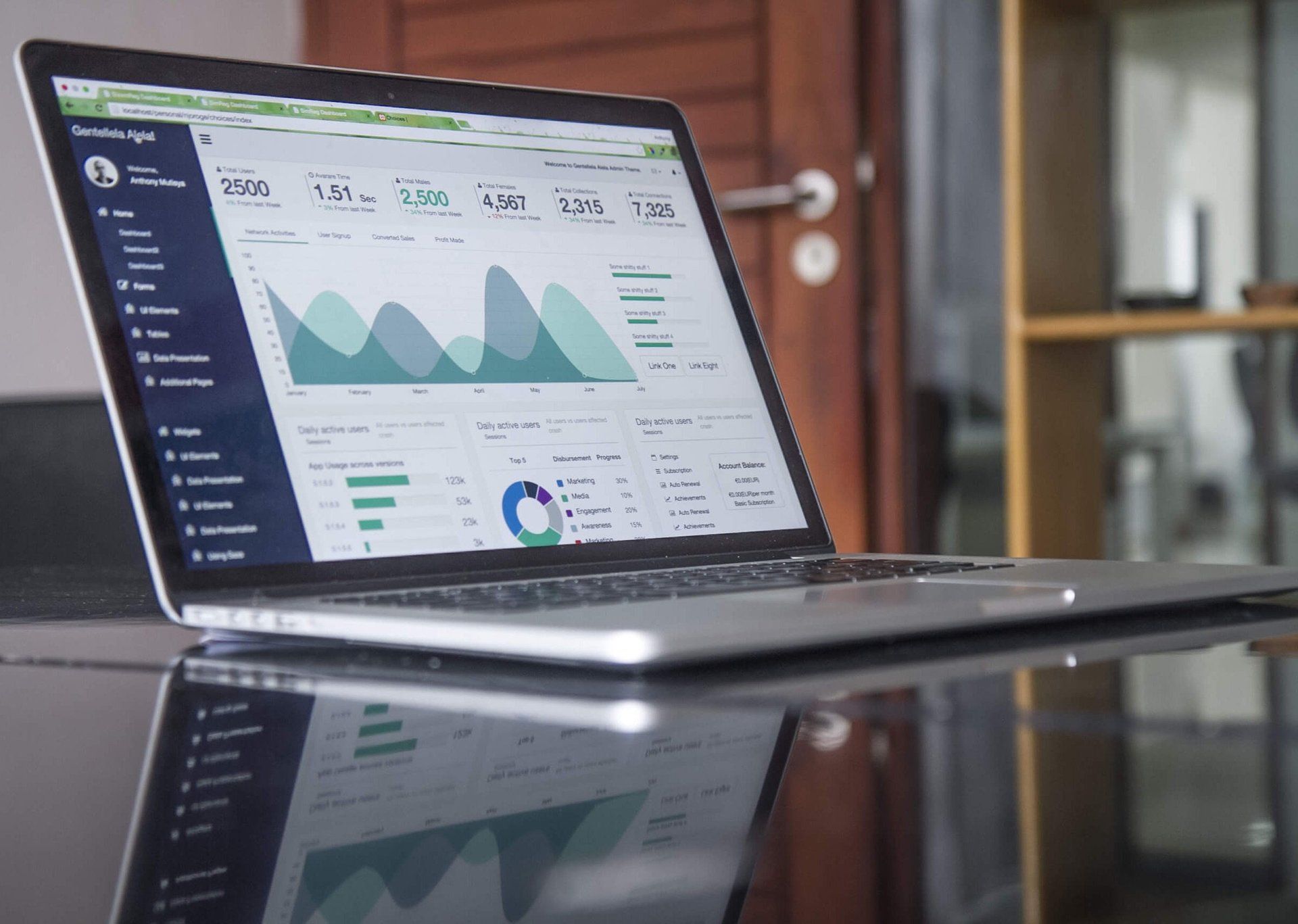
News

By Daniel Goymer
•
March 31, 2021
Keeping your house warm over winter can be hard. It can cost a small fortune to generate enough heat to get your house warm, and then there are so many ways for cold air to take its place. Luckily there are some affordable and simple ways to keep your house warm this winter that don't require a big budget or a degree in rocket science. Thick curtains are great for trapping your heat inside, and curtains with thermal lining are even better. But if you have only got standard curtains in the house, there are a couple of tricks you can use to maximize their heat retention. Thermal lining can be expensive, but other materials, such as cheap fleece, can be almost as effective. Just line the backs of your curtains with some fleece from your local fabric shop, and you'll be able to see the difference. In fact, you can even use an old PVC shower curtain to do the same thing. And it's not just the windows that need to be covered. Doors are notorious for leaking heat, so putting a curtain over your door might be a good idea too. And why not put a rug or folded towel at the foot of the door to stop your precious heat leaving the room. Opening the curtains during the day is also a good idea. We often think that open curtains during daylight hour means losing all your precious heat during the day, but opening the curtains makes the most of the sun - the most effective and affordable heater known to man. Just make sure you remember to close them when the sun goes down. Closing unused rooms is another effective method to prevent your precious heat being wasted. If you're not intending to use certain rooms for the rest of the day, close the doors. That way your heat stays where you want it to be. Bear floor boards are a welcome invitation for the cold, and account for as much as 10 percent of heat loss. Wooden floors are the worst for leaking heat, but this can be prevented, or at least minimised, by placing rugs and blankets over the floor. This also has the added bonus of keeping your feet warmer too. If you're keen to know how you can further prevent heat loss in your home, get up and walk around on a cold evening. Are there drafts coming from outside? From beneath doors? From between the floorboards? Have a think about what you could do to keep your house warmer this winter without splashing the cash! Reference NZFSG

By Daniel Goymer
•
March 31, 2021
This information is adapted from Consumer Magazine (January/February 2006, Issue 455, Page 23). There’s something every person who uses a bank needs to understand—a bank is a business. It exists to make a profit and it does that by maximising the use of your hard-earned cash. Knowing how they do that could save you money. Here are six things your bank will never tell you:
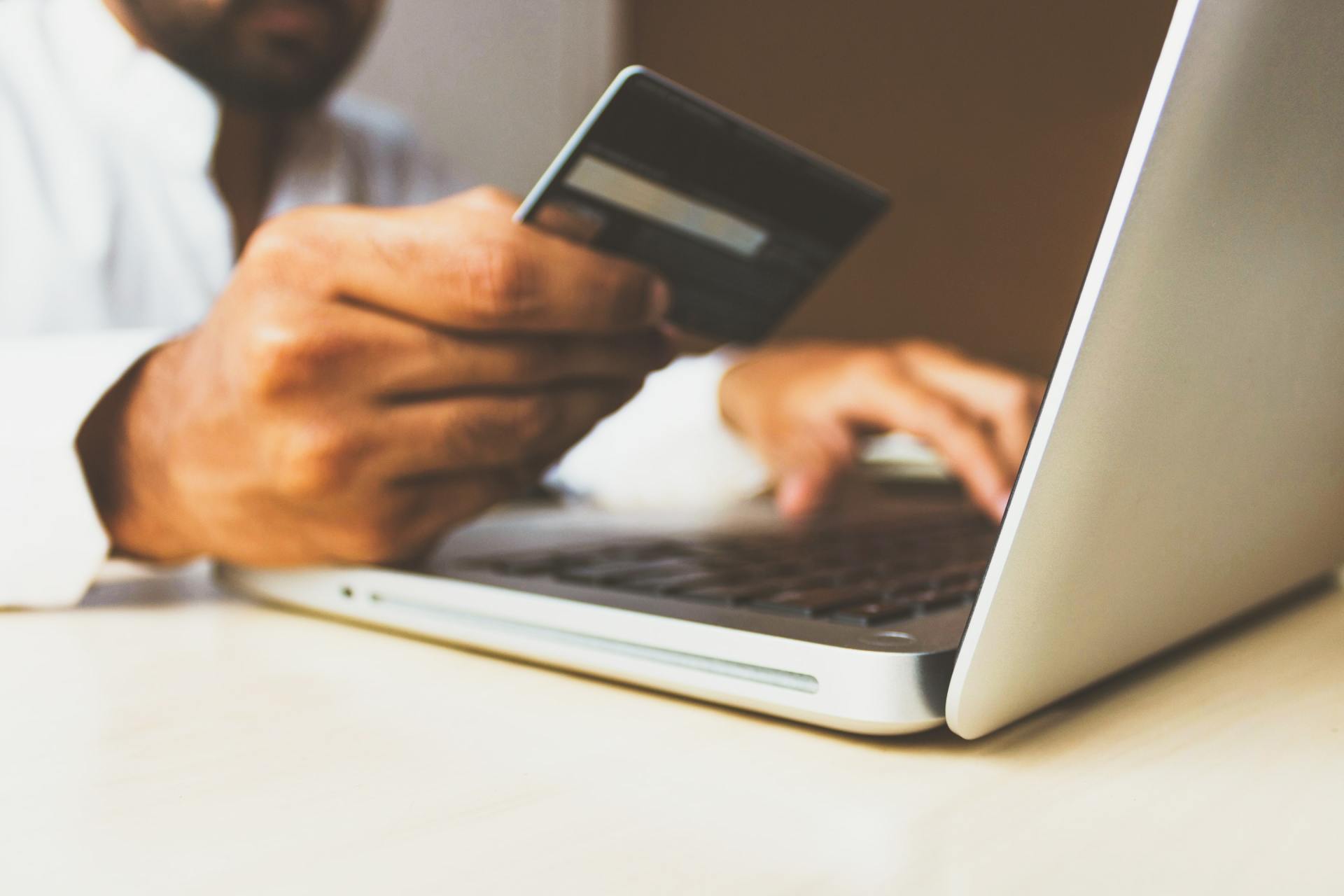
By Daniel Goymer
•
March 31, 2021
Credit card can be dangerous! Many people in New Zealand today find themselves buried by inescapable debt that can be traced back to being overzealous in the use of their credit card. S ure, credit cards are handy. They provide an easy way to purchase things online or if you don't want to carry cash around with you, but it's so easy to forget when you buy something with your card, you are incurring a debt. And, once you get into credit card debt, it can be very difficult to get out of. That's why the team at Futurisk want to remind you of the six credit card traps you need to watch out for:

By Daniel Goymer
•
March 31, 2021
Life insurances can be pretty confusing. There are so many products out there, and you never quite know which ones are best for you. And then, having decided on the type of insurance, there's the question of how much should you insure for? And when should you start with life insurance? One thing is for sure, however, living without any form of life-based insurance cover leaves your personal and business finances in a dangerous position. One of the most common ways of falling into debt is through the unexpected need to replace a lost or damaged asset that was not insured, and your greatest asset is your ability to earn. If that was suddenly removed from you, debt could quickly follow.

By Daniel Goymer
•
March 31, 2021
If we were buying a new appliance or vehicle, we'd shop around. If we wanted some new computer gear or were renovating our kitchen, we'd look for the best deal. So why don't we do that with insurance? I t seems many New Zealanders think of insurance as coming in a fixed package at a fixed price, but there are some practical things you can do to save money on your insurances. Here are six hot tips.
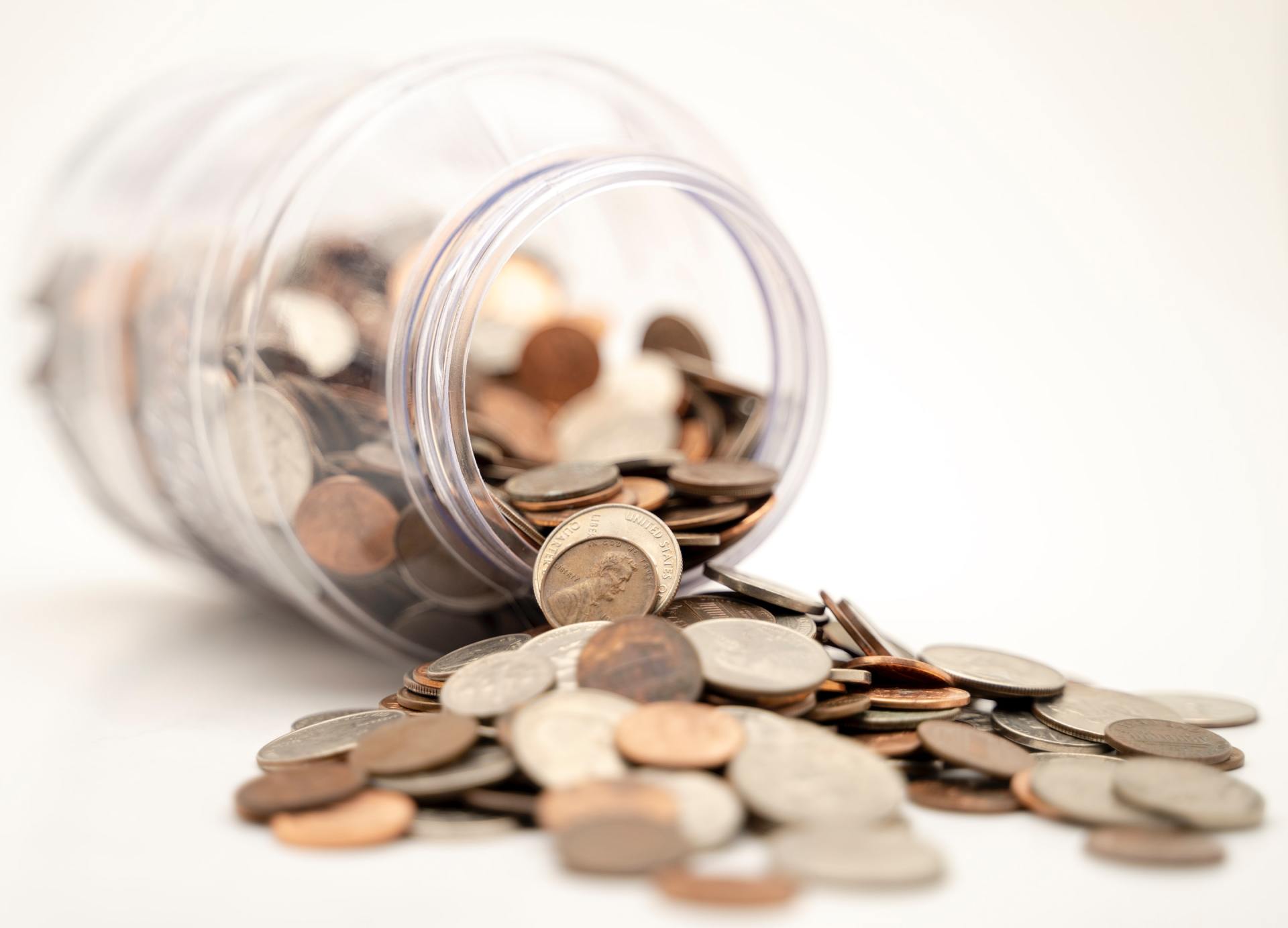
By Daniel Goymer
•
March 31, 2021
Earlier this year this was a glitch with ANZ’s payment system, and a whole lot of New Zealanders woke up on payday to discover they hadn't been paid. It didn't take long for the issue to be resolved, and everyone was paid by lunchtime, but the ANZ Facebook page was still inundated with complaints and tales of tragedy as people claimed they were now starving, cold and unable to put petrol in their car because of ANZ’s mistake. If you woke up on payday and found yourself in this situation, what would your day be like? Would you be going to work hungry because you couldn't afford to buy food for lunch? Would you have to walk to work because you had no money to pay for petrol or a bus? Or would you just transfer a few dollars from your emergency account and go on your merry way? For many, waking up on pay day to find their account empty should be a wake-up call, and one of the best things you can do if you’re scared of ever being in this situation is to create an emergency account. Most financial gurus and advisers these days recommend having a separate account that’s just for emergencies, and they’re not hard to set up. In fact, most banks will let you do it online. Just log in to your banking website and create a brand new internet account. But having the account is only half the job – now it just needs some money. Because many people live from pay day to pay day, putting a couple of hundred dollars aside into your emergency account is much easier said than done. Instead, consider starting an automatic payment, so every week or fortnight even as little as $5 is transferred into your emergency account without you having to do anything. $5 doesn't sound like much, but within 10 weeks you’ll have more than enough to put petrol in your car and buy some lunch if your pay doesn't come through. One of the key pieces of advice given about keeping an emergency accounts is to make it a little harder to access than your regular accounts. If you had a card in your wallet that had access to your emergency account, the temptation to spend the money would be too great. Instead, make it so that the only way to access that money is to have to transfer it from the special account into your regular account. So next time you need some emergency cash in a hurry, all you’ll need to do is whip out your smartphone, transfer some money and you’ll be away laughing.

By Daniel Goymer
•
March 31, 2021
There are a number of key things to remember when driving a car: always put on your seat belt, give way to traffic on the right, and make sure you've read the fine print of your insurance policy documents. These days you’d have to be pretty foolish to drive around without insurance. Damaging your car, or even worse, someone else’s, without insurance is a fast-track to debt. But something so many drivers forget is that even having insurance is not always a get-out-of-jail-free card. Your insurance policy will have so many special clauses and exclusions to give your insurer all they need to deny your claims, and put you out of pocket. Here are a few key exclusions to remember.

By Daniel Goymer
•
March 31, 2021
Sometimes it’s easy to feel like insurance is a waste of money, particularly if we’ve never made a claim. Before you get to thinking this way, however, remind yourself what insurance is for. When we purchase insurance, we’re purchasing a product. It’s like when we pay for groceries or petrol or a new television. In the case of insurance, we’re buying protection for our assets and for our financial future. A simple fact of life is this, unfortunate things happen. These things happen when we least expect them, and often catch us completely by surprise. In New Zealand today, one of the most common ways people fall into debt is through the unexpected need to replace a lost or damaged asset that was not insured. Here’s a general rule to bear in mind: anything you need for day to day living, which you could not replace with cash if you lost it, needs to be insured. In general, that boils down to three things: your home, your house contents, and your vehicle.

By Daniel Goymer
•
March 31, 2021
You will have read in the news that banks are tightening up on lending money to home buyers. Not so long ago it was easy to get a loan, now many first home buyers are wondering how they will ever secure the money to get into their own home. There are, however, things you can do to make yourself more suitable for a bank loan. But don't leave these things until the last minute. If you think you may want to purchase a home in the future, think about these things now.


Lumley

Ando

AIG

Chubb

QBE

Vero
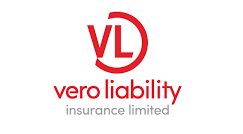
Vero Liability

QUAL

Delta

Rosser

Protecsure

Star Insurance

Zurich

Mecon

Nautillus

Spua

IQumulate

Elantis

Classic Cover

Sunderland Marine

Allianz

Starinsure





